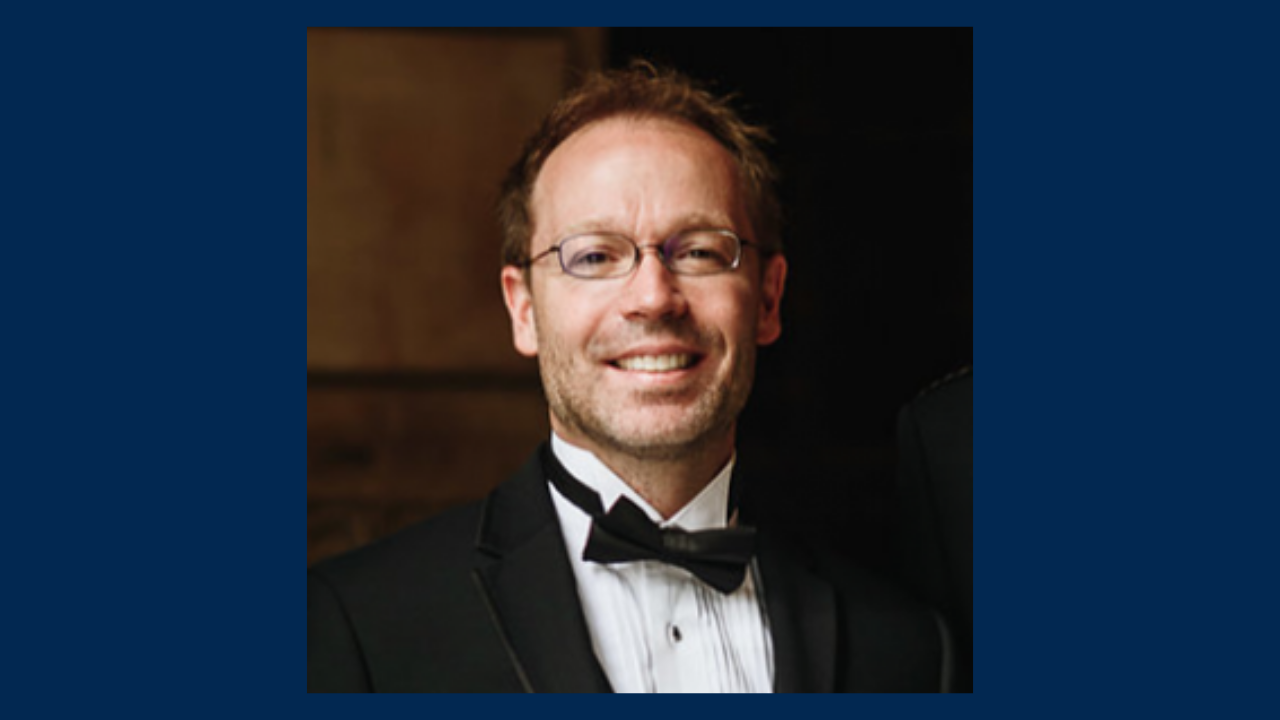
Event Date
Dr. J. Sean Humbert, University of Colorado Boulder
Abstract
We have all observed the agility and robustness in which organisms negotiate complex environments, for example a lizard effortlessly scampering over rocky terrain or a small bird deftly swerving through dense vegetation. Why can’t our robotic or synthetic counterparts match these capabilities? Does nature produce better sensors, faster actuators, or employ fancier control laws? Or is this performance gap due to more efficient computation or some form of mechanical intelligence? In this talk we will review some of the fundamental differences in the flight control architectures in natural and engineered systems and report new findings regarding the connections between sensing, actuation, and flight dynamics in some of nature’s most agile flyers (insects). We present a novel optimization framework based on these principles that has the potential to unlock dramatic increases future platform mobility while revolutionizing the design cycle by integrating sensing and control at the earliest stages.
Biosketch
Dr. Sean Humbert is the Denver Business Challenge Professor in the Department of Mechanical Engineering and the founding Director of the Robotics Graduate Program at the University of Colorado Boulder. He holds a BS degree in Mechanical Engineering from the University of California Davis along with MS and PhD degrees in Mechanical Engineering from Caltech. As PI of the Bio-Inspired Perception and Robotics Laboratory, his group applies control- and information-theoretic tools to distill perception and reduction principles in small animals such as insects, providing insight into the biology and resulting in novel, robust, and computationally efficient solutions for engineered systems. Prof. Humbert has served as a member of the Board for Army Science and Technology (BAST), a core member of the Board on Army RDT&E, Systems Acquisition and Logistics (BARSL), a member of the DARPA MTO Microsystems Exploratory Council (MEC), and is an AIAA Associate Fellow. He is the recipient of the AIAA National Capital Section Hal Andrews Young Scientist/Engineer Award and an ARO Young Investigator Award.
